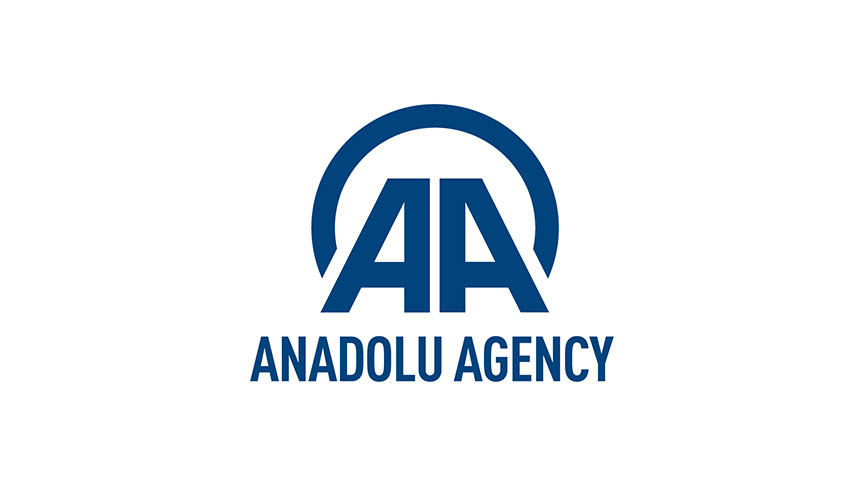- The Writer holds an MSc in Eurasian Political Economy & Energy from King’s College London and also an MA in European Studies from Sabancı University.
The study undertaken by the European Federation of Energy Traders (EFET) in 2014, which was the first of its kind, shed light on the ambiguous framework needed to implement an energy hub, corridor or energy center through the model the organization has developed based on its members’ experience. This study has analyzed the key components to make an energy hub through looking at individual assessments, guidelines and recommendations with the aim of supporting the development of gas hubs in the EU.
With this initiative, Transmission System Operators (TSO’s) and National Regulatory Authorities (NRA’s) will be given the opportunity to look at weaknesses and strengths of their position in comparison to all other hub candidates. Through this process, they will be able to identify deficiencies and address these to balance market conditions. The European Federation of Energy Traders stated that their study has not yet been completed and they will “continue to work on other market-opening measures in addition to hub design”.
The ambitious model is intended to inspire the creation of a virtual trading point, which later could turn into a benchmark for existing hubs and new comers, creating a baseline for “new hubs [attempting] to reinvent services to market.” The European Federation of Energy Traders has been assessing the ranking of many countries based on twenty criterion comprising regulatory, market and TSO conditions within a study called the European Gas Hub Development Study (EGHDS).
According to the EGHDS’ study conducted in 2015, the score for Turkey out of 20 was 5.5. This indicates that Turkey has room for growth and needs to fulfill the conditions of an energy hub. The requirements that need to be met for an energy hub are scored in different categories in which Regulatory Rules equal six points, TSO account for seven and the remaining seven marks are given for the best market conditions.
Turkey was successful in establishing a consultation mechanism in conjunction with the European Federation of Energy Traders (EFET). With regards to the role of hub operator, which is run in Turkey by the Petroleum Pipeline Cooperation, Turkey was awarded only half a point out of two meaning there is a room for growth for this requirement. Additionally, both for standardized contracts and Price Reporting Agency’s (PRA’s) at the hub, Turkey met only 50 percent of the requirements for each suggesting that these also have to be evaluated and improved. In accordance with the other numerous conditions stipulated in the EFET’s list, Turkey failed to score, and lost 14.5 points out of a potential 20. This, therefore, could be interpreted that progress towards a liquid trading hub is still not a goal within immediate reach for Turkey. Clearly if Turkey wishes to take full advantage of its potential, it needs to be more assiduous in addressing its shortcomings.
To utilize its unique geographic position and establish a natural gas hub in the region, Turkey needs to take measures to improve its status, to move further away from being an energy transit corridor towards becoming an energy hub by meeting the requirements set out by the EGHDS.
Given Turkey’s strategic importance, the promotion of its status to that of an energy hub could potentially enhance the prospect for Turkey to better provide energy security at home. Commercial and infrastructural complications that impede Turkey becoming a genuine energy-trading hub need to be resolved with the aim of raising its position to better serve this overall ambition.
However, Turkey’s main motive should not solely be based on security of energy supplies, but should also aim to reach the goal of becoming an energy trading hub by creating a portfolio that would match with the EFET’s hub score benchmarks.
- Opinions expressed in this piece are the author’s own and do not necessarily reflect Anadolu Agency's editorial policy.


